
Recommendation
This well-structured and well-designed guide to experience design assembles more than a decade of hard-knocks learning into one dense, brief volume. By providing readers with a framework for creating exceptional and memorable experiences around events, product, services and work, the authors fill an enormous gap in the literature. While most leaders have heard about the experience economy and may appreciate the importance of customer and employee experience, few have any idea how to design meaningful experiences.
Summary
About the Authors
Professors J. Robert Rossman and Mathew D. Duerden have focused their careers, research and teaching on the art and science of experience design.
Learners who read this summary also read
Book
Book








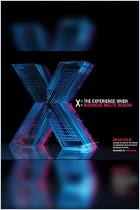
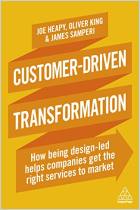
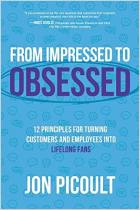

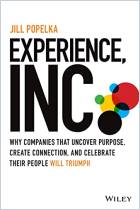
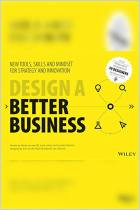



Comment on this summary